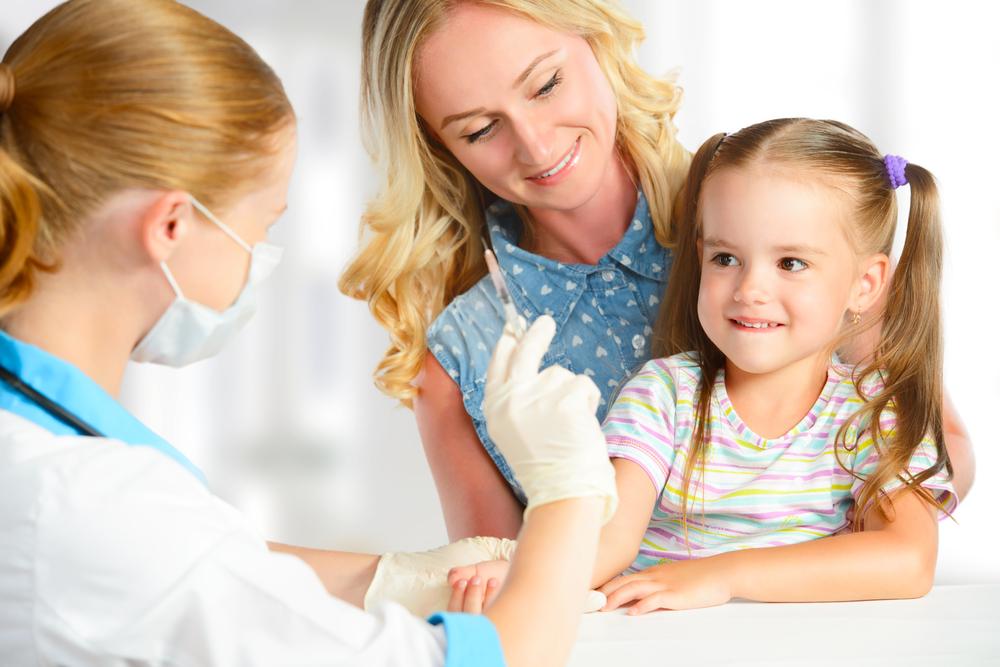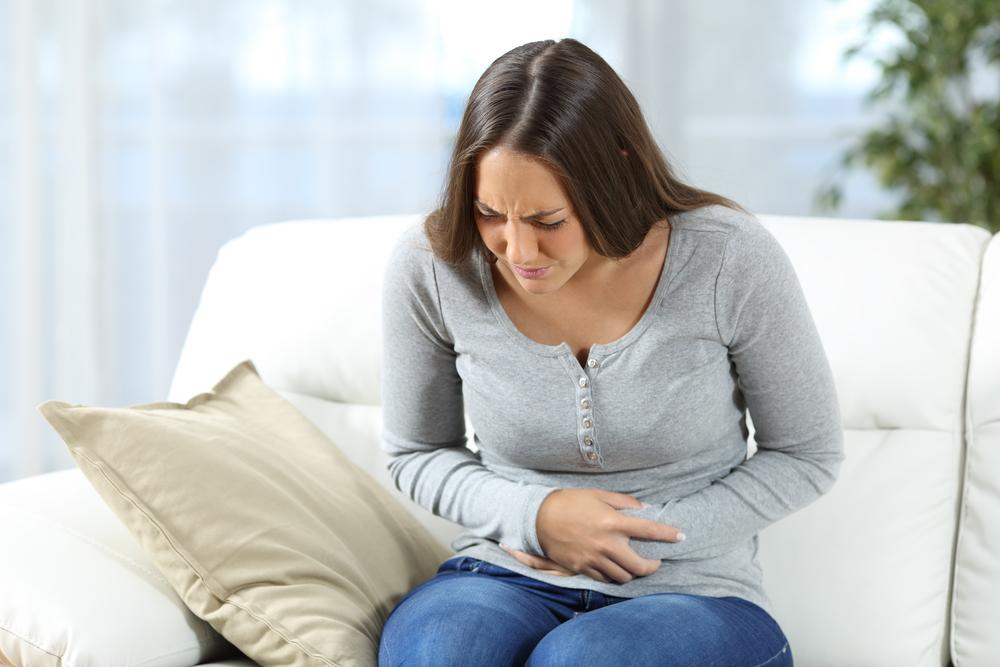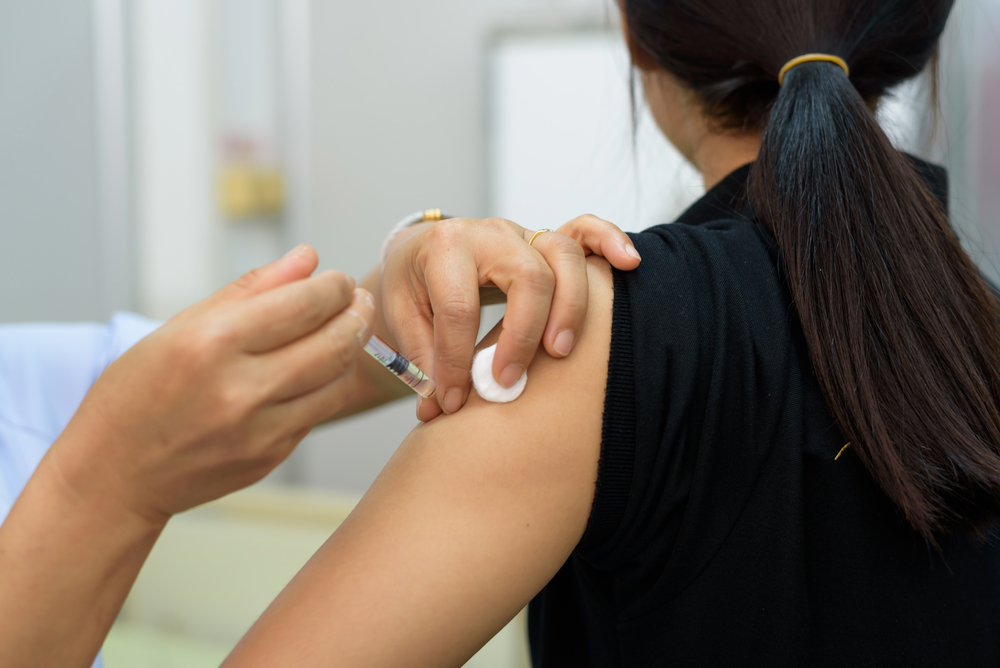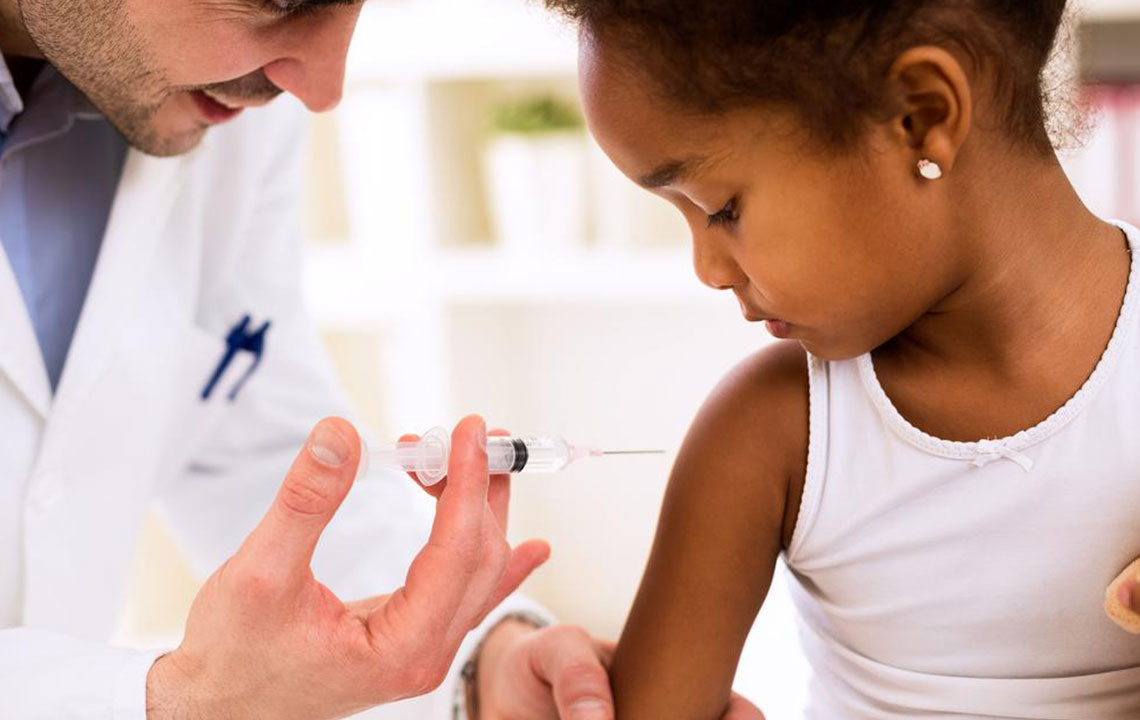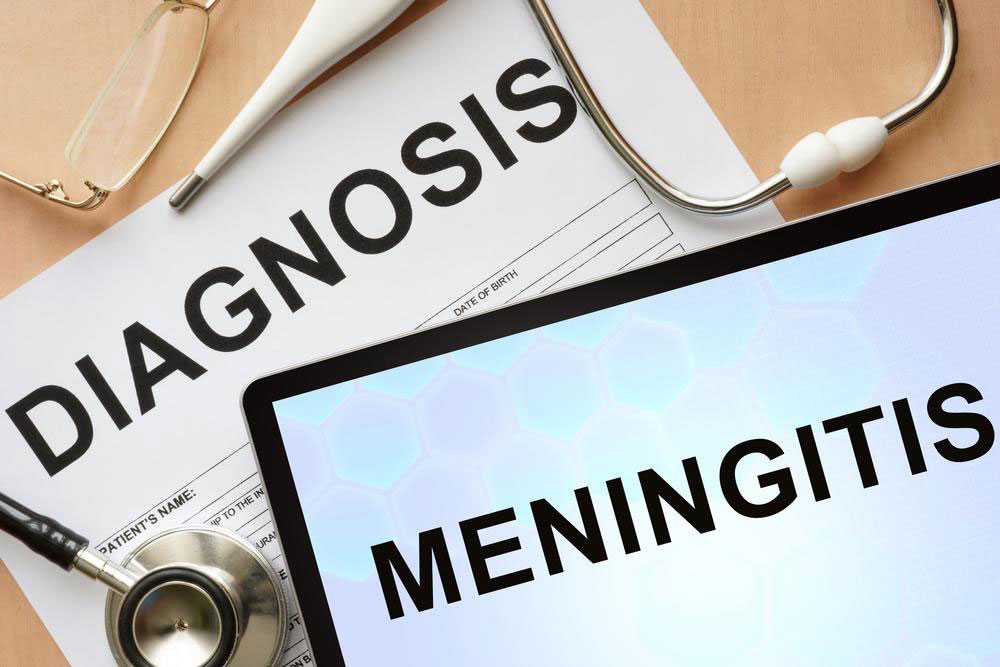Essential Vaccinations Women Must Prioritize for Optimal Health
This comprehensive article highlights essential vaccinations women should prioritize, including flu, Tdap, MMR, and HPV vaccines. It discusses the importance of immunization at various life stages for disease prevention, including cervical cancer. With detailed guidance on vaccination schedules, safety, and the role of healthcare providers, the article aims to educate women on proactive health strategies, emphasizing the critical impact of vaccines in safeguarding their lifelong health. Staying informed and vaccinated is key to a healthier future for women globally.
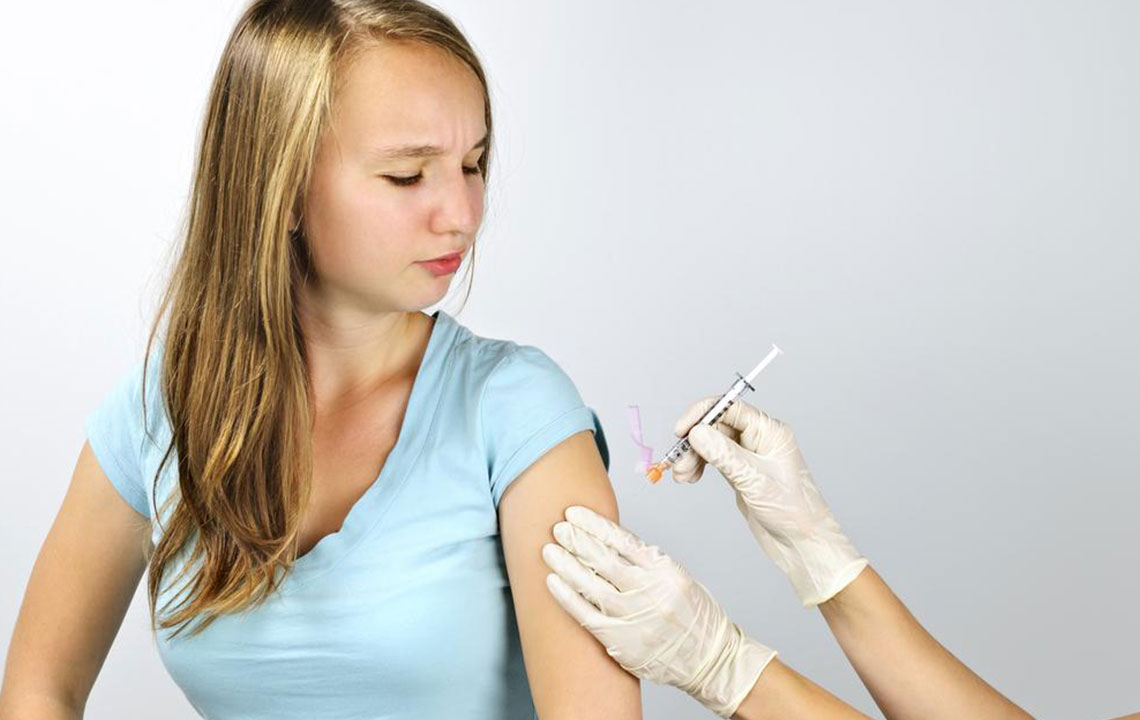
Essential Vaccinations Women Must Prioritize for Optimal Health
Maintaining good health through timely vaccination is crucial for women to protect themselves and their families from a range of preventable diseases. Immunizations not only safeguard women during their reproductive years but also help prevent serious health complications that can arise later in life. Ensuring that women receive all recommended vaccines at the right ages is a proactive measure that can significantly reduce the risk of illness and contribute to overall well-being.
Among the most vital vaccinations for women are the influenza (flu) vaccine and the Tetanus, Diphtheria, and Pertussis (Td/Tdap) vaccines. These immunizations are critical not just for individual health, but also for protecting newborns and other vulnerable populations. For instance, a pregnant woman vaccinated with the Tdap vaccine in the third trimester can pass on antibodies that protect her newborn from whooping cough during the initial months of life, which is a period when infants are most vulnerable.
In addition to these routine vaccines, women face a heightened risk of certain illnesses that necessitate specific immunizations. For example, the Measles, Mumps, and Rubella (MMR) vaccine plays a crucial role in preventing congenital rubella syndrome— a serious condition that can cause multiple birth defects if a pregnant woman contracts rubella. Ensuring immunity through vaccination is vital for women planning pregnancy or in their reproductive years.
One of the most impactful vaccines for women is the Human Papillomavirus (HPV) vaccine. HPV not only causes common genital warts but is also the leading cause of cervical cancer, which remains one of the most common cancers among women worldwide. The Centers for Disease Control and Prevention (CDC) recommends two doses of the HPV vaccine for maximum protection. Administered ideally between ages 11 and 12, this vaccination can be given up to age 26 for those who missed it earlier, emphasizing the importance of early immunization in adolescence.
The HPV vaccine, including brands like Gardasil and Gardasil 9, has demonstrated over a 70% reduction in the risk of cervical cancer among vaccinated women. It is considered safe and highly effective, especially when administered before exposure to the virus. While it is not recommended for pregnant women or those with specific allergies such as yeast or latex, the vaccine is generally accessible and often covered by health insurance plans or vaccination schemes like the Vaccines for Children (VFC) program for eligible individuals.
Although vaccination is a powerful preventative tool, it does not replace routine screenings. Women are encouraged to undergo regular Pap smears for cervical cancer screening, as the HPV vaccine does not provide complete immunity against all HPV strains. Continuous awareness and education are essential in promoting vaccination and preventive healthcare practices.
Data shows a clear decline in HPV infections among young women in their early twenties, underscoring the importance of immunization programs. Healthcare providers, especially obstetricians and gynecologists, play a vital role in educating women about these vaccines, dispelling myths, and encouraging timely vaccination. Taking proactive steps now can save thousands of women from preventable diseases and allow them to lead healthier lives with reduced disease burden.
In conclusion, staying informed and proactive about recommended vaccinations is an integral part of women’s health management. From protecting against childhood diseases to preventing cancers, the right vaccines at the right time can have lasting benefits that extend beyond personal health to familial and community well-being. Empowering women with proper information ensures they can make confident decisions about their health and future.

